Date: 16/02/2024 (Edition 3) Download PDF
.png)
From talking a lot about Boeing woes recently, one cannot forget that Airbus aircraft are also affected by production issues, albeit not of their own doing. The Geared Turbofan (GTF) powder coat issue on Pratt and Whitney’s PW1100G engines resulted in advice to promptly inspect all affected A320neo and A220 aircraft from September 2023. At the time, the FAA estimate for inspection turnaround was 100 days. If Spirit Airline’s latest statement is true, this has now trebled to 300 days as RTX (P&W’s parent company) struggles to cope with the backlog. With a spares shortage in the market, airlines may be without lots of these aircraft for almost a year.
The OEM first became aware of the powder metal issue on a V2500-A5 on an A320ceo. However it was subsequently found to affect the Geared Turbofan (GTF) more broadly in December 2022. Fortunately, IBA research indicates that only aircraft built before 2022 are likely affected by the issue, so new deliveries will not add to the problem. Nonetheless, at the time of writing, there are 385 GTF powered A320neo family aircraft parked or stored. Of these, 287 aircraft have been parked for greater than 60 days and are therefore highly likely to be suspect to the problem. This proportion could possibly be higher.
Fortunately for the airlines, RTX has budgeted $2.9bn for the issue, as of their Q3 2023 report. Using the FAA estimated costing (although we suspect this to be understating since it won’t consider things such as transportation and work scope creep), the cost per aircraft could be approximately $720k, summing to circa $220m (assuming 300 aircraft). Airlines will therefore be glad to hear that the allocated fund allows for significant compensation. This will of course be resolved on a case-by-case basis but split evenly could be around $8.9m per aircraft.
For an airline such as Spirit, who now estimate 26 aircraft on the ground on average in 2024, this could represent $231m. This may sound sizable, but with the new estimates on how long aircraft will be on the ground, using IBA Airlines’ 2024 Forecast we are able to see that this could represent closer to $750m for them in lost revenue. This gap is perhaps showing that the RTX budget was initially reasonable. It should also be noted that MTU were also part of this Joint venture so may be expected to contribute as well. Nonetheless, with increasing turnaround times, RTX now need to budget more, or else face further wrath from customers.
India’s Go First were placing blame almost exclusively at P&W’s door for their failure, and it will be interesting to see whether the potential acquirers of that business will see any of that compensation. The deadline for a bidder, before they are liquidated, was extended by a further two months this week. Interestingly, Go First’s competitor IndiGo, is the second most affected airline by this issue and still managed a net profit margin of 14.9% for Q4. Fortunately, RTX are in a very healthy position with over $5.5bn in cash reserves and a $72bn book value, so will be able to support the issue (although some might argue, why not faster?). With these engine issues affecting circa 300 aircraft and Boeing’s continued headaches, 2024 has headwinds straight off the runway.
At the recently concluded, Airline Economics conference in Dublin, industry stakeholders observed a shift in investor priorities, with environmental, social, and governance (ESG) concerns receding due to pressing issues such as the scarcity of fuel-efficient aircraft. Notably, leading aircraft lessors emphasised the need for substantial government investments to facilitate a transition to greener fuels, specifically sustainable aviation fuel (SAF).
Aengus Kelly, CEO at AerCap, one of the industry's biggest lessors, asserted that governments must allocate significant taxpayer funds to achieve widespread adoption of SAF, estimating a capital requirement between $1.45 trillion and $3.2 trillion to attain the industry's 65% SAF goal by 2050. Despite airlines' commitments to using SAF, challenges such as limited supply and high costs hinder progress. Industry leaders, including Avolon CEO Andy Cronin, underscored the necessity for policy intervention to ensure infrastructure development, innovation, and cost control for SAF.
However, Ireland's Environment Minister, Eamon Ryan, countered that SAF production should predominantly rely on private sector funding, emphasising the industry's obligation to meet emission targets. Overall, the discourse on ESG issues among lessors came with some scepticism. IBA acknowledges these concerns from a lessor perspective, however from an industry-wide level, there is ongoing research and developments on various feedstock, production costs and efficiency, developing government regulations and interest from financial institutions to provide essential capital.
The UK's Department for Transport (DfT) aims to overhaul the slot allocation system to foster a fairer and more competitive airline market, ultimately maximising passenger value.
Key issues include outdated criteria for allocating slots, insufficient support for new entrants, opaque decision-making processes, and limited transparency in slot trading. Incumbents holding onto slots and lack of flexibility in regulations exacerbate the problem. With a projected 52% increase in terminal passengers by 2050, reform is urgently needed to optimize limited slot capacity and ensure fair market practices.
In this short analysis, William McClintock, has distilled the DfT's 99-page proposal into the key points airlines need to be aware of to understand how slot reforms may affect you and your business.
Click here to download the full analysis.
Our regular update looks at the key trends and market indicators using data and analytics provided by IBA Insight.
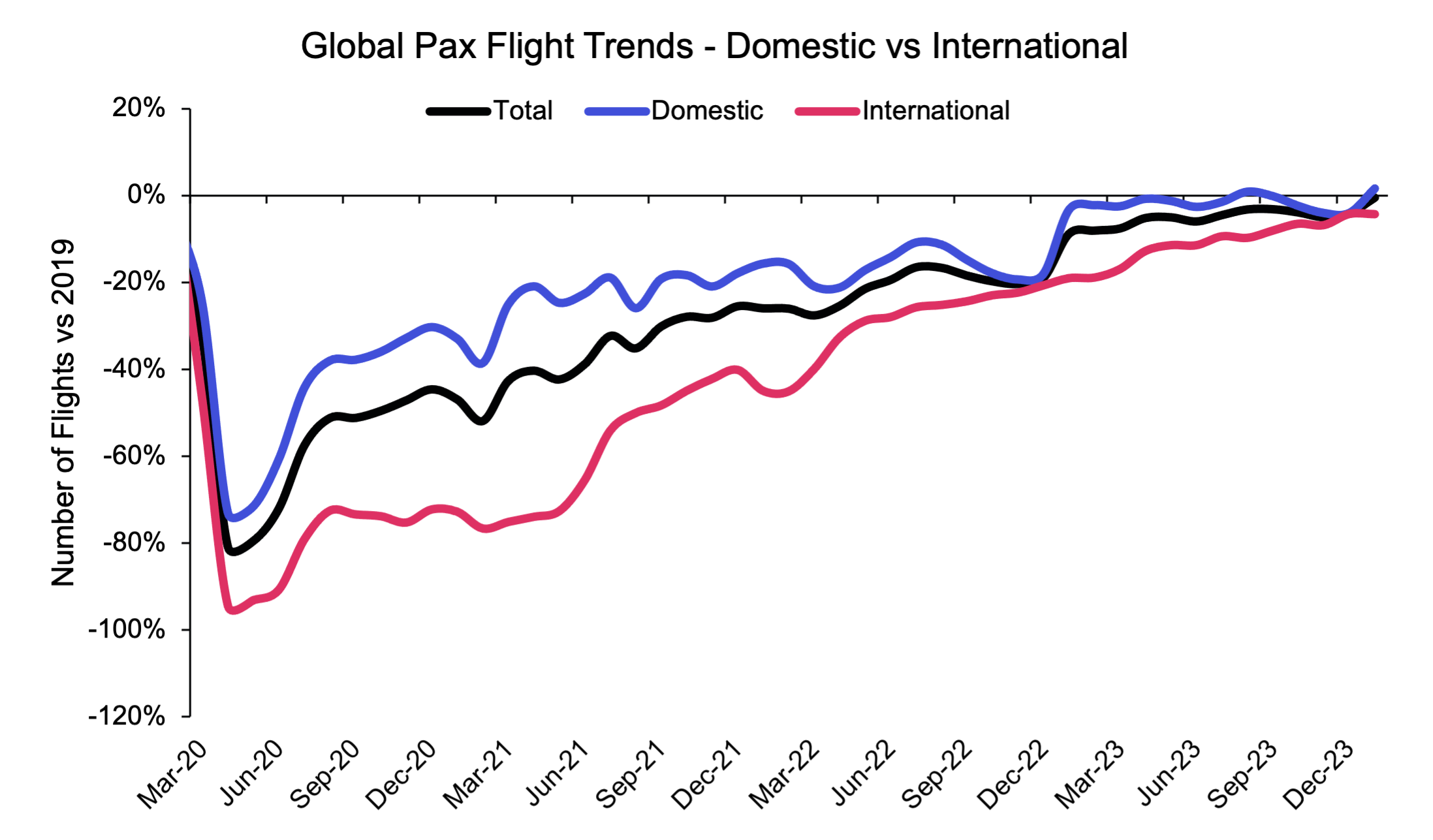
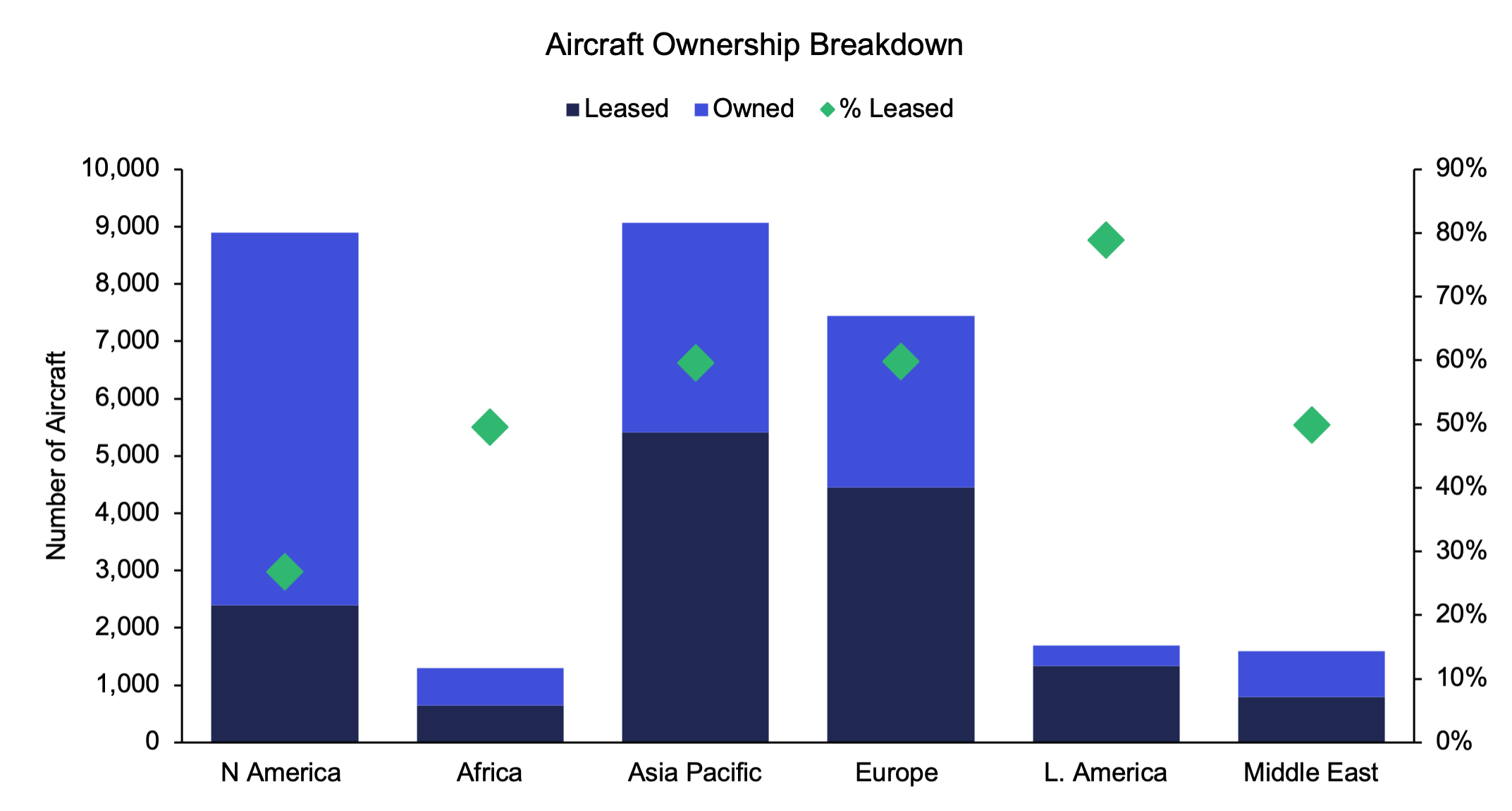
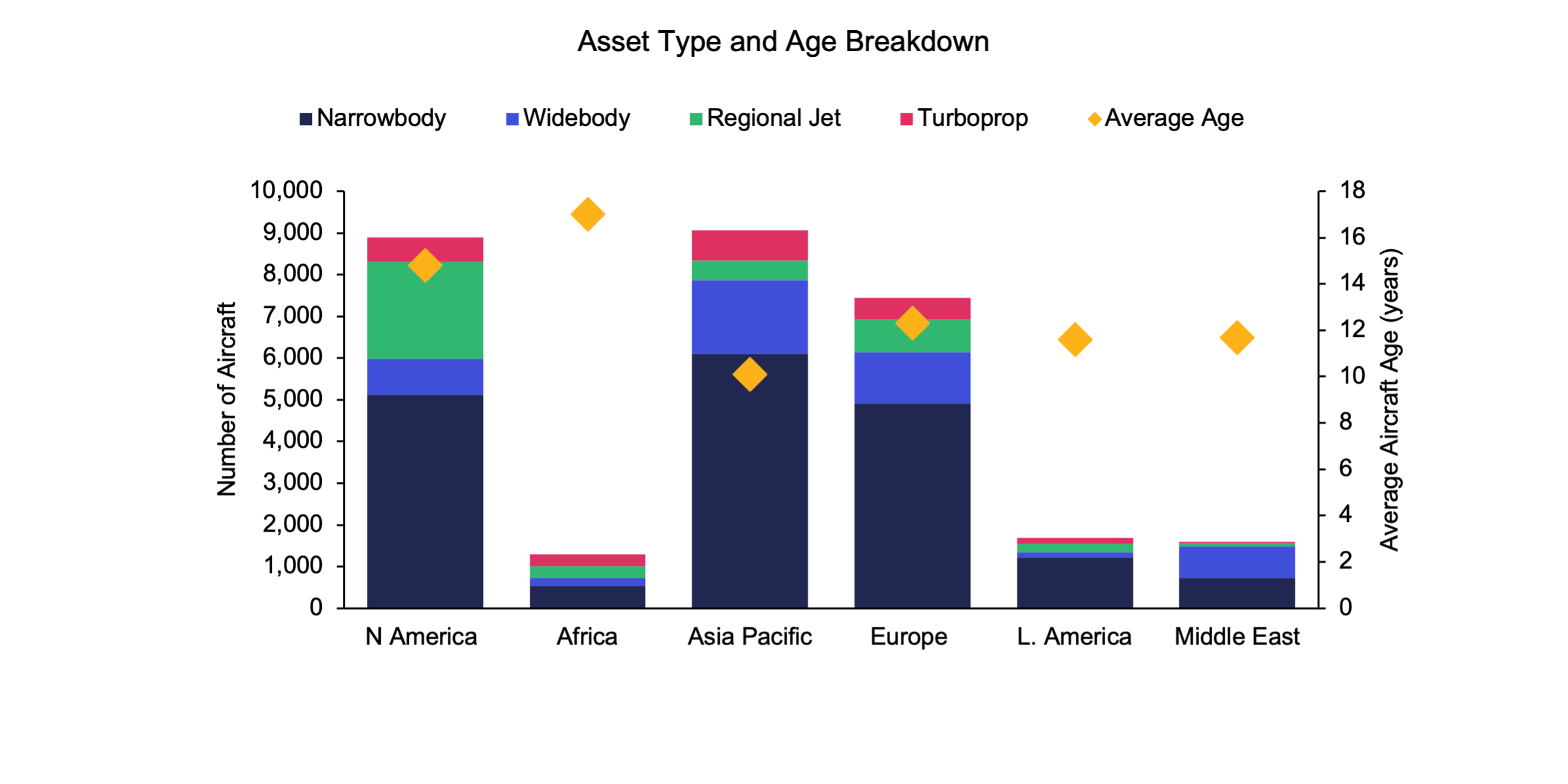


凭借由获奖 ISTAT 认证评估师组成的庞大团队以及 30 多年累积的专有数据,IBA 在全球估值市场上处于领先地位。我们为全球范围内的一系列资产类型提供独立、公正的价值意见和建议,包括飞机、发动机、直升机、货机/航空货运、降落机位和预备件等。IBA 始终致力于超越客户的期望,我们的客观意见为贷款、资产收回、商业开发和再营销提供了必要的安全保障。
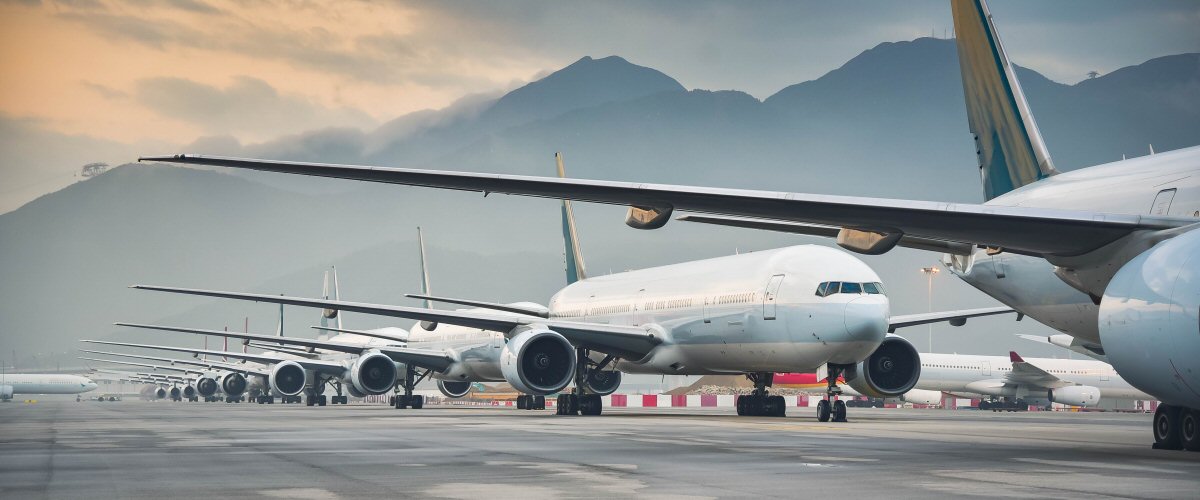
IBA 与全球领先的飞机和发动机租赁公司精诚合作。我们的专业建议植根于深厚的行业知识,因此 IBA 可以在投资周期的各个阶段提供支持,让客户放心无忧。从估值、机队选择、投资组合开发,到租赁结束时的退租和再营销,我们将全程协助客户完成整个租赁期的所有风险评估和资产管理活动。

航空投资往往错综复杂,会涉及大量财务风险,因此,放任资产不去管理绝对是下下策。无论是首次投资的新手,还是市场上驾轻就熟的资深投资者,IBA 都能帮助您克服各种资产类型的复杂性,让您更好地了解各种投资机会。我们可以与您携手合作,支持您的投资组合开发、多元化发展并满足您的战略需求。
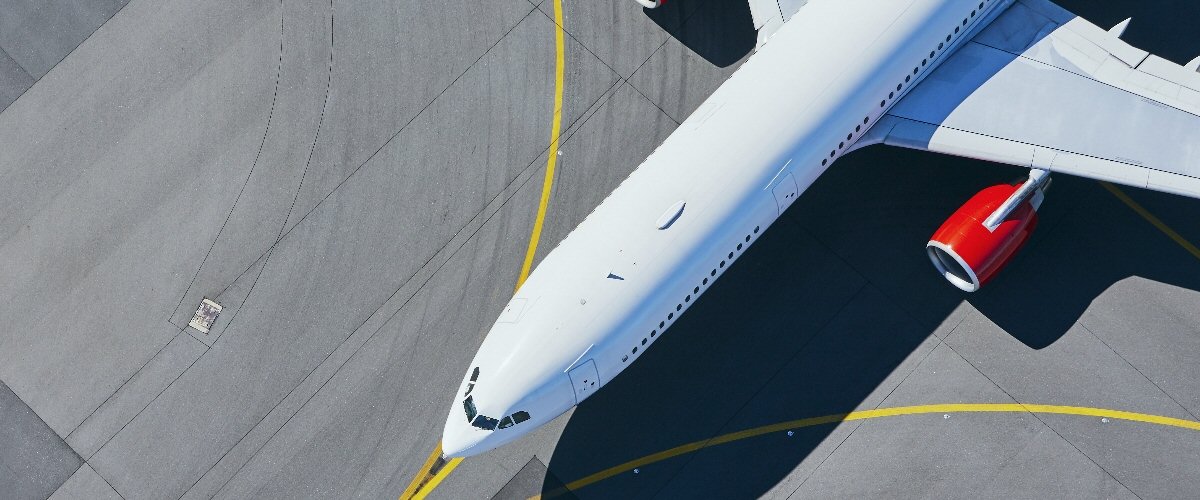
30 多年来,IBA 与全球和地区航空公司紧密合作,提供估值和咨询服务、航空数据情报以及飞机和发动机的退租支持。我们在遍布世界各地的各种航空项目上与客户展开协作,满足他们的额外资源需求,随时随地提供所需的项目管理支持。

我们掌握着丰富资源并善于出谋划策,可为客户提供诉讼支持和纠纷调解办法,并根据客户的法律策略量身定制周密的解决方案。正是由于 30 多年来专有航空数据的积累、定期参与战略并购,以及丰富的飞机管理专业知识,我们能够经常接触到各方之间的典型争端领域。IBA 通过直接或与客户自己的法律团队合作的方式,在各个方面为客户提供帮助,从飞机损坏或损失的保险相关理赔,到常常在退租时发生的租赁商与承租商的纠纷。